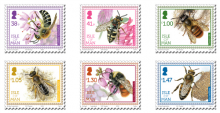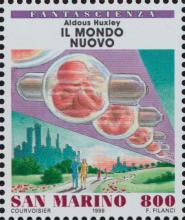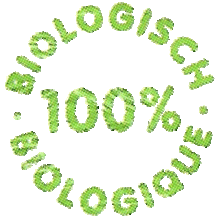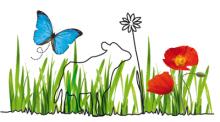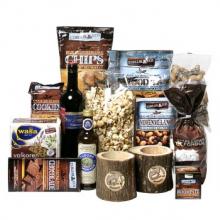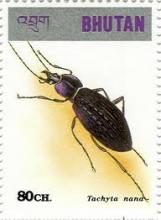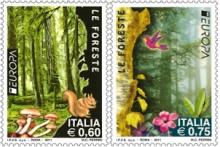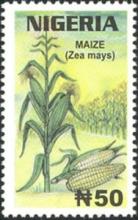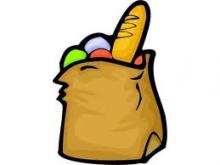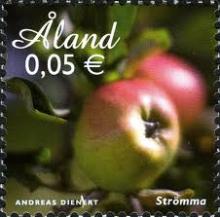Advocacy group files FOIAs seeking EPA reports on bee kills
The Center for Food Safety last week asked EPA in a Freedom of Information Act (FOIA) request to release all agency memos, emails, incident reports and other documentation on bee kills and other incidents allegedly linked to exposure to the neonicotinoid pesticide imidacloprid. The Washington, D.C.-based advocacy group, in a FOIA request dated Nov. 1, asks for internal EPA correspondence and documentation regarding "bee mortality, beneficial insect mortality, threatened or endangered species mortality, hive loss, excess disease or other incidents" that are related to chronic or acute exposure to imidacloprid, which is primarily manufactured by Bayer CropScience.

